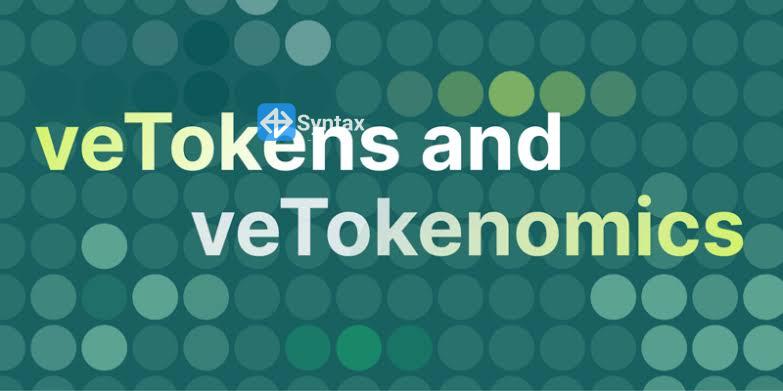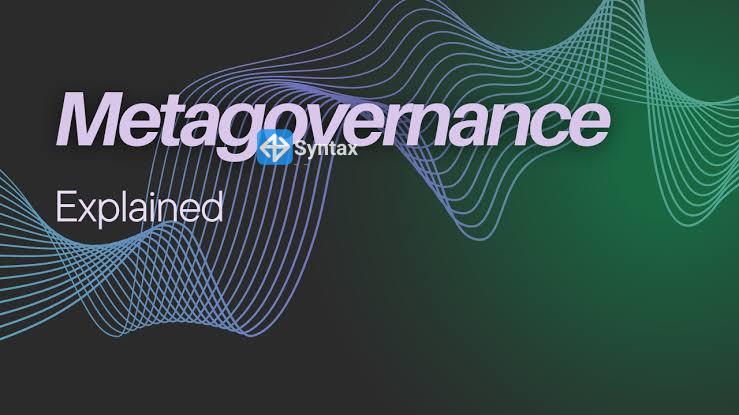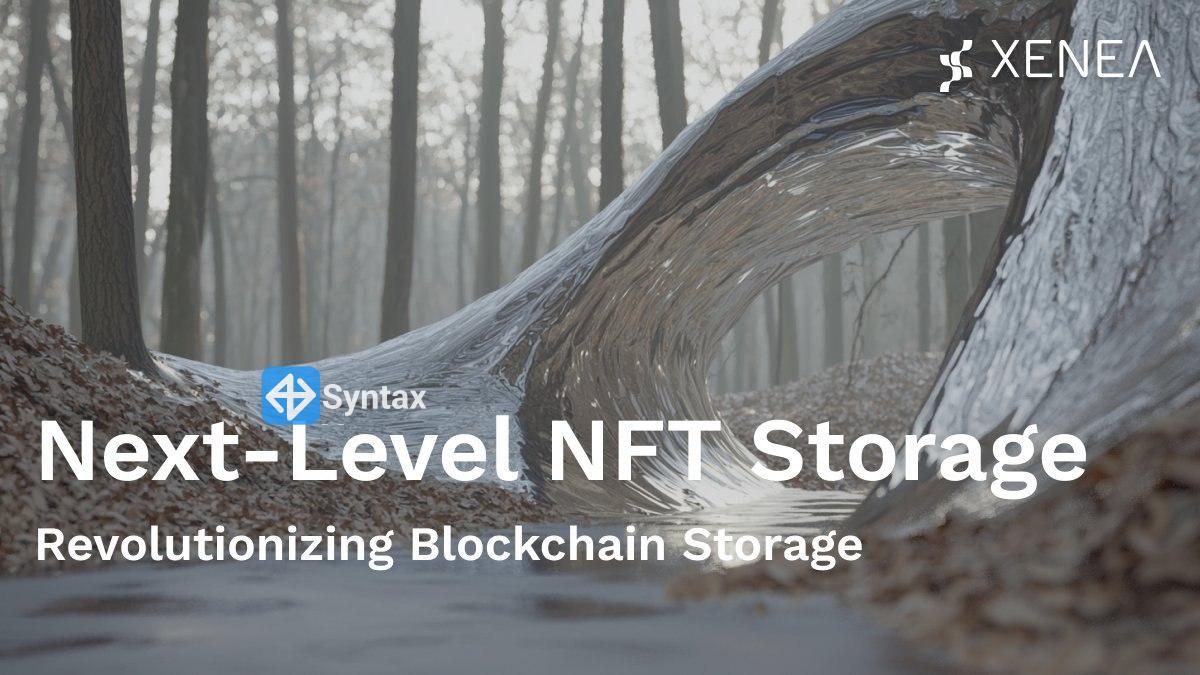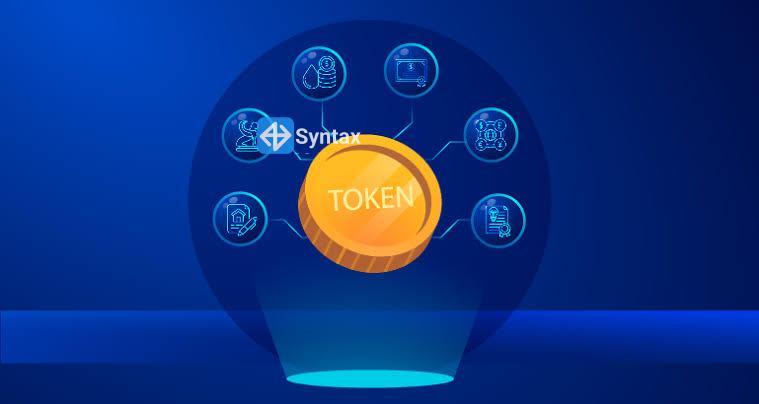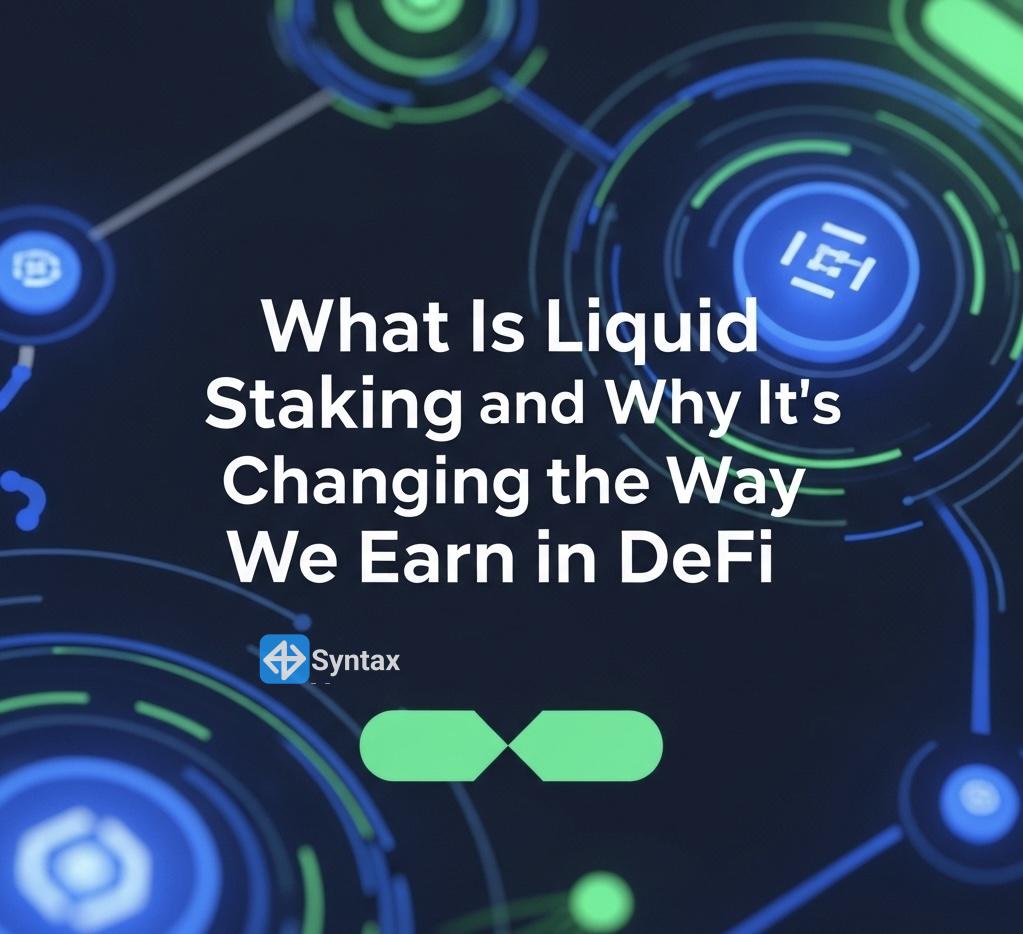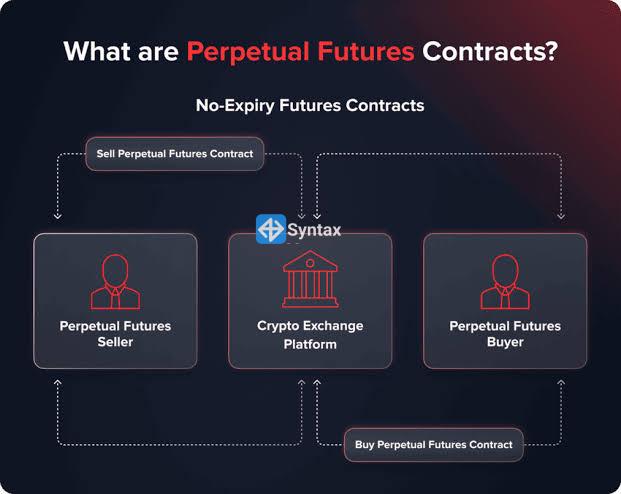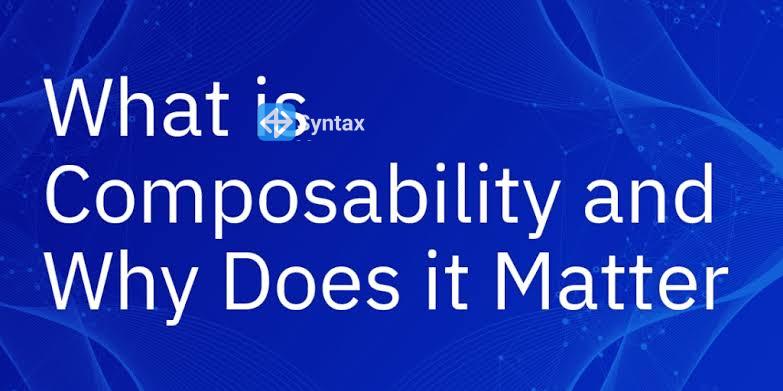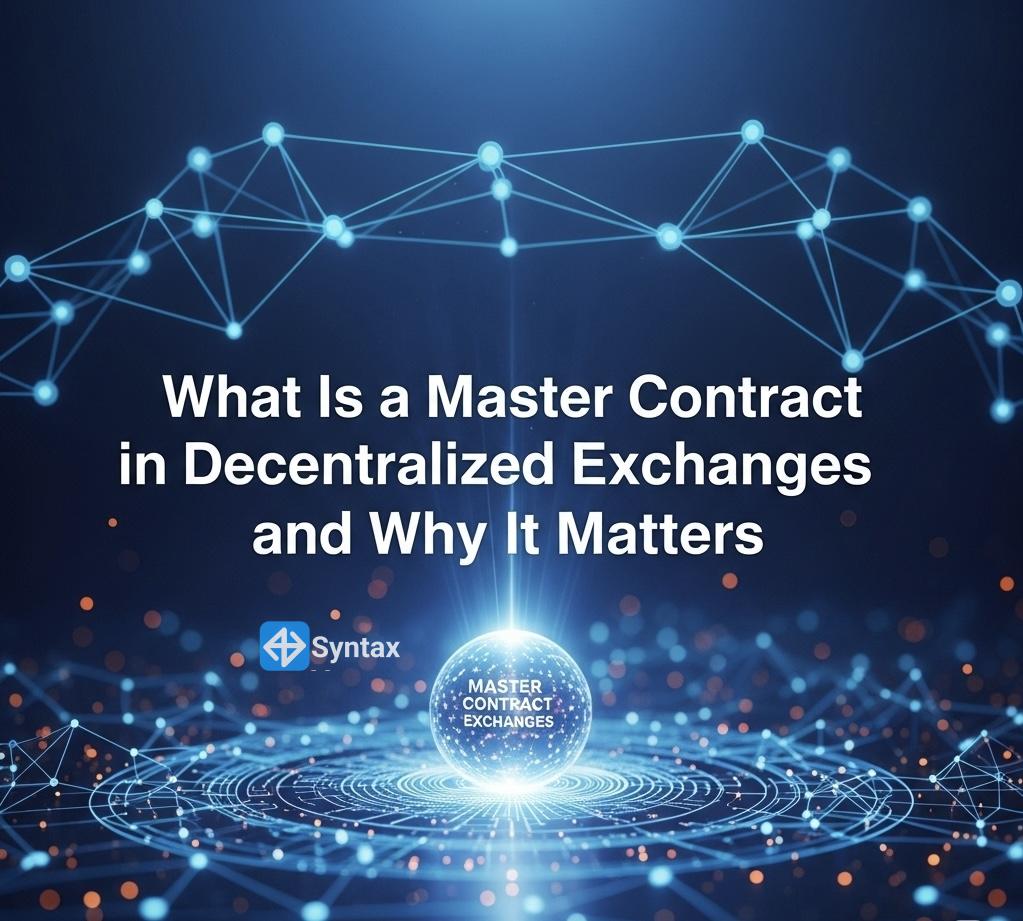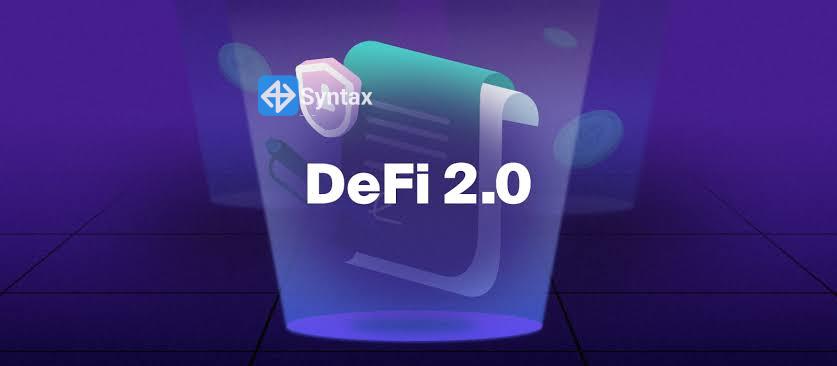These platforms use smart contracts to automate the market creation, trading, resolution, and payout processes, removing the need for intermediaries.
Here’s a breakdown of how prediction markets work in DeFi:
🔧 1. Market Creation
Anyone can create a prediction market by deploying a smart contract with:
- A clear question (e.g., Will ETH be above $3,000 on Sept 1?)
- Answer options (e.g., Yes/No)
- Resolution source (e.g., Chainlink oracle or a DAO vote)
- Expiration date for the event
They may have to provide some collateral to ensure serious market creation.
💸 2. Buying Outcome Shares
Participants buy tokens that represent a specific outcome of the event:
- For example, you buy 1 token for “Yes” at $0.40.
- If the outcome happens, “Yes” pays out $1, so your expected value depends on the odds.
The price of these tokens reflects the collective belief about the probability of an event occurring (e.g., if “Yes” is trading at $0.70, the market thinks there’s a 70% chance).
🧮 3. Market Mechanism
- Many platforms use Automated Market Makers (AMMs) like LMSR (Logarithmic Market Scoring Rule) or CPMM (Constant Product Market Maker), which continuously update the prices of outcome tokens based on supply and demand.
Some platforms also allow peer-to-peer trading of outcome tokens.
✅ 4. Event Resolution
After the event ends:
- An oracle or decentralized dispute-resolution system (e.g., Kleros or UMA’s Optimistic Oracle) determines the correct outcome.
- The smart contract unlocks funds accordingly.
If you held the winning outcome token, you can redeem it for the payout (usually $1 per token).
📈 5. Use Cases
- Speculation (e.g., on crypto prices or real-world events)
- Information aggregation (e.g., gauging market sentiment)
- Governance (e.g., conditional decisions in DAOs)
- Hedging (e.g., risk management for on-chain or off-chain exposure)
🧠 Examples of DeFi Prediction Markets
- Polymarket – popular for real-world event bets
- Augur – fully decentralized, permissionless markets
- Omen (built on Gnosis) – markets secured by conditional tokens
- Zeitgeist (on Polkadot) – prediction + futarchy governance



